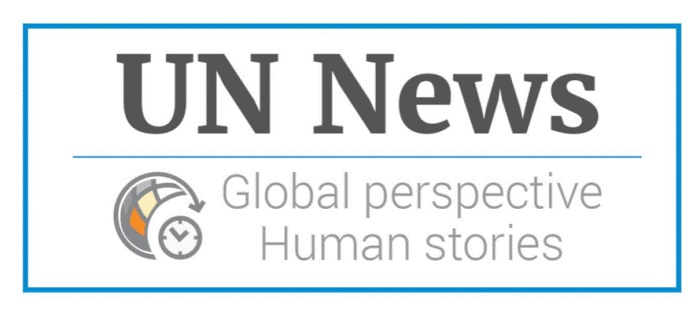UPDATING LIVE: Security Council meets on Gaza with famine 'almost inevitable', humanitarians warn

Visit UN News for more.
- READ MORE ON:
- Egyptian
- Gaza City
- UN PhotoLoey Felipe
- Security Council
- Carl Skau
- Geneva
- UN PhotoLoey Felipe Maurizio Martina
- North Gaza
- The Global Nutrition Cluster
- Karni
- Barbara Woodward
- Amar Benjama
- UN Headquarters
- Jordan
- Qatar
- Slovenia
- humanitarians
- the Coordination Division
- The World Food Programme
- Nicolas de Rivière
Advertisement
ALSO READ
Washington Sundar: Rising to the Challenge at MCG
India Fights Back: Nitish and Washington's Stand Shines
India’s Koneru Humpy becomes 2024 FIDE Women’s World Rapid Champion, beating Irene Sukandar in New York.
Honoring a Statesman: Jimmy Carter's Memorial Services Unfold Across Georgia and Washington
Justice Reform in Motion: Governor Hochul Addresses New York Prison Tragedy










